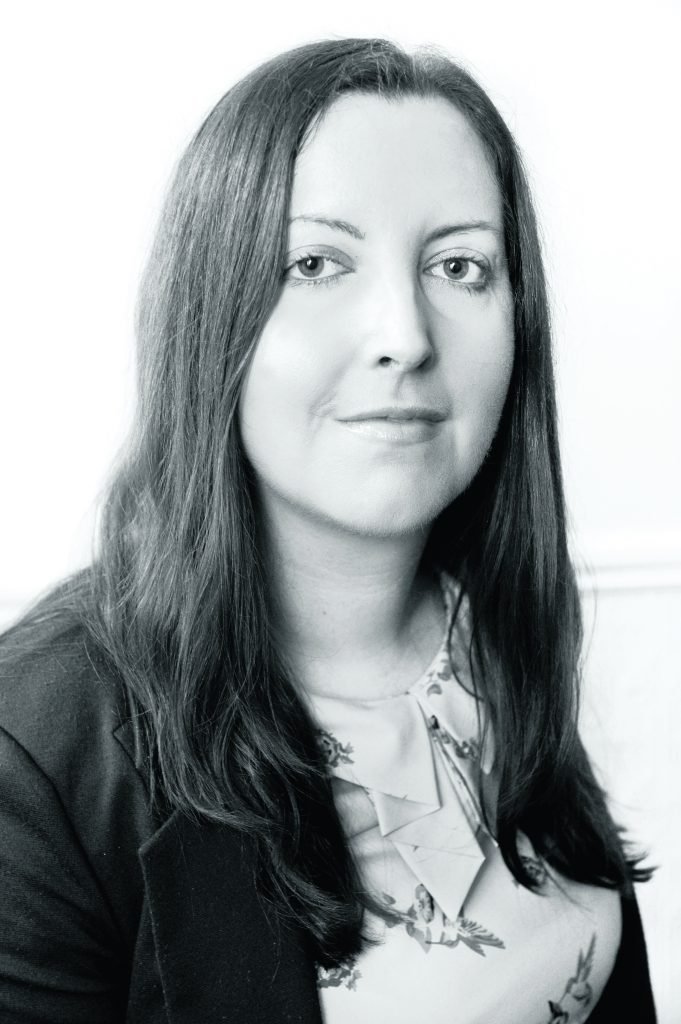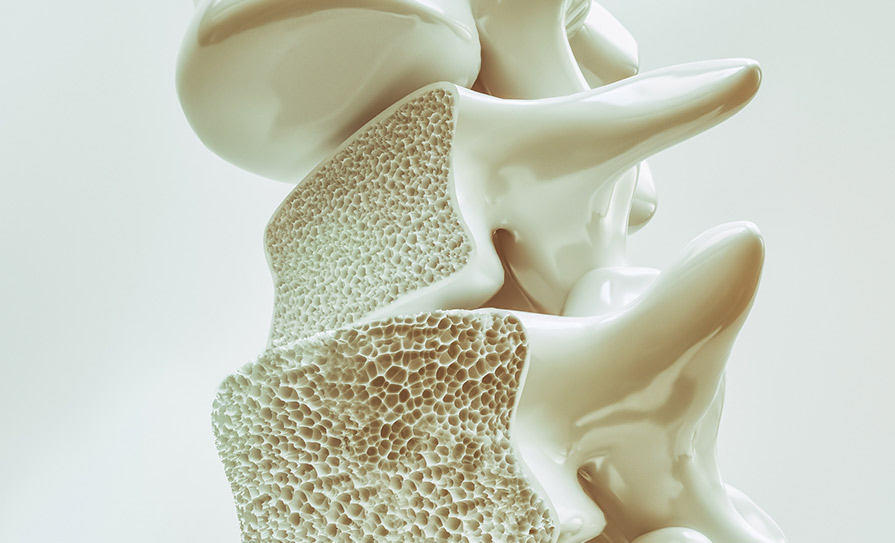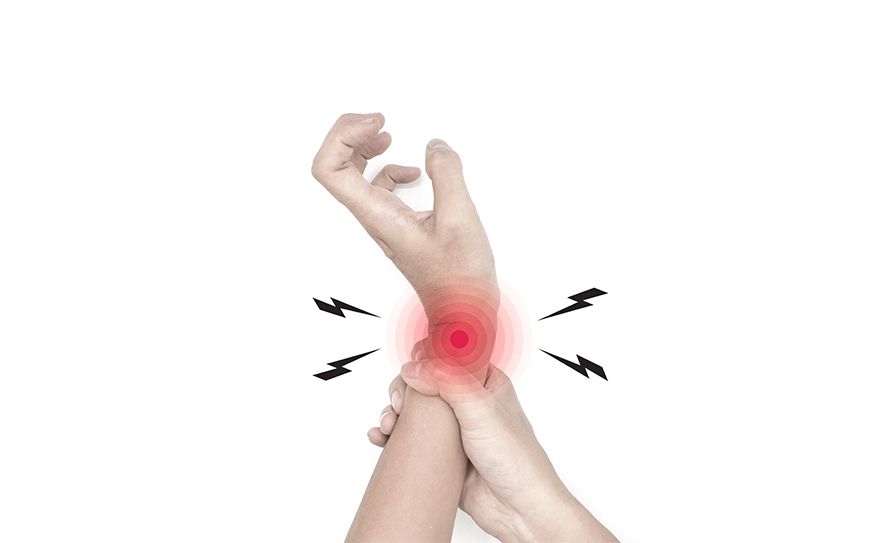The latest figures from the HRB show an increase in the number of under 18s admitted to Irish psychiatric units and hospitals

A recently published report by the Health Research Board (HRB) on the 2019 activities of the 66 approved psychiatric units and hospitals in Ireland, shows an increase in the number of under 18-year-olds admitted, rising from 408 admissions in 2018 to 497 in 2019.
Of the total 2019 figure, 443 were admitted to dedicated child and adolescent psychiatric units (including private/independent ones), an increase from 324 in 2018. The remaining 54 were admitted to adult psychiatric units and hospitals, a decrease from 84 in 2018.
Depression (32 per cent, 157 admissions) remained the most common diagnosis among children in 2019, followed by neuroses (16 per cent), eating disorders (11 per cent) and schizophrenia (10 per cent).
Almost two-thirds (63 per cent) of admissions in under 18s in 2019 were first-ever admissions, however one independent/private and private charitable centre was unable to provide the order of admission (first-ever or re-admission) for 1,348 admissions and this affected 74 admissions for under 18s.
The majority, 65 per cent of all and 59 per cent of first-time admissions for under 18s, were female. Over a third, 37 per cent, of all admissions for under 18s were aged 17 years, 27 per cent were aged 16 years, 19 per cent were aged 15 years, 11 per cent were aged 14 years and a further 6 per cent were aged 13 years or younger.
Females accounted for 96 per cent of under 18s with a diagnosis of eating disorders (up from 85 per cent in 2018), 69 per cent of admissions with neuroses (up from 59 per cent in 2018) and 68 per cent of admissions with depressive disorders (up from 59 per cent in 2018).
Males accounted for 87 per cent (up from 57 per cent in 2018) of admissions with a diagnosis of other drug disorders (including mental and behavioural disorders due to psychoactive substance use (excluding mental and behavioural disorders due to use of alcohol)), 67 per cent of admissions with schizophrenia (up from 46 per cent in 2018), and 63 per cent of admissions with mania (up from 29 per cent in 2018).
According to Antoinette Daly, Research Officer at the HRB: “These latest figures are consistent with an overall increase in admissions among under 18s over the past decade. This increase could reflect an increase in the number of places, a real increase in admissions or a combination of both. It is good to see a decrease in admissions of under 18s to adult units, with a 67 per cent reduction in the number of children being admitted to adult units, from 163 in 2010 to 54 in 2019.
“Young females outnumber young males in most diagnostic categories, in particular for eating disorders, of which 96 per cent of admissions were female.”
Ms Daly said the figures indicate that, in general, people admitted to psychiatric units and hospitals in 2019 were more likely to be unemployed young adults with a depressive disorder. “However, these data also spotlight the importance of monitoring trends in psychiatric care across different sociodemographic groups. Admissions reporting no fixed abode, for instance, were more likely to be 35-44-year-old males with a diagnosis of schizophrenia or other drug disorders.”
Summary of key findings in 2019
Overall, there were 16,710 admissions to Irish psychiatric units and hospitals in 2019, a decrease from 17,000 in 2018.
Males accounted for just over half of all admissions (51 per cent).
The median age of admissions was 43. However, the 20–to-24 age group had the highest overall rate of admissions (568 admissions per 100,000).
Overall, admissions were more likely to be single, unemployed and diagnosed with a depressive disorder.
Schizophrenia, mania and neuroses were the second, third and fourth most common diagnoses, respectively.
A total of 2,351 admissions in 2019 were involuntary, an increase from 2,225 admissions in 2018.
A total of 297 admissions reported no fixed abode, a slight decrease from 306 in 2018.
Admissions reporting no fixed abode were more likely to be single males with a diagnosis of schizophrenia or other drug disorders.
Discharges and deaths in 2019 in under 18s
The vast majority, 85 per cent, of all admissions for under 18s in 2019 were discharged in 2019. Of those admitted and discharged in 2019, 18 per cent were discharged within one week of admission, 12 per cent were discharged within one to weeks of admissions, 20 per cent were discharged within two to four weeks, 43 per cent were discharged within one to three months and 8 per cent were discharged within three months to one year.
Child and adolescent units had the longest average length of stay, at 42.2 days (median 34 days), followed by general hospital psychiatric units at 13.4 days (median four days), psychiatric hospitals/continuing care units at 3.3 days (median four days) and independent/private and private charitable centres at 0.7 days (median one day).
Ms Daly commented: “A positive trend identified by the HRB is that length of stay has been declining considerably over the past decade, from an average of 82.7 days in 2010 to 64.2 days in 2019. This reflects the movement away from traditional psychiatric hospitals where lengths of stay are much longer, to general hospital psychiatric units and hospitals.”












Leave a Reply
You must be logged in to post a comment.